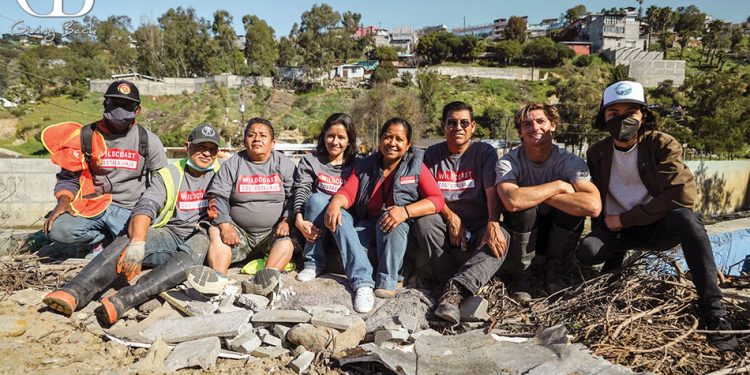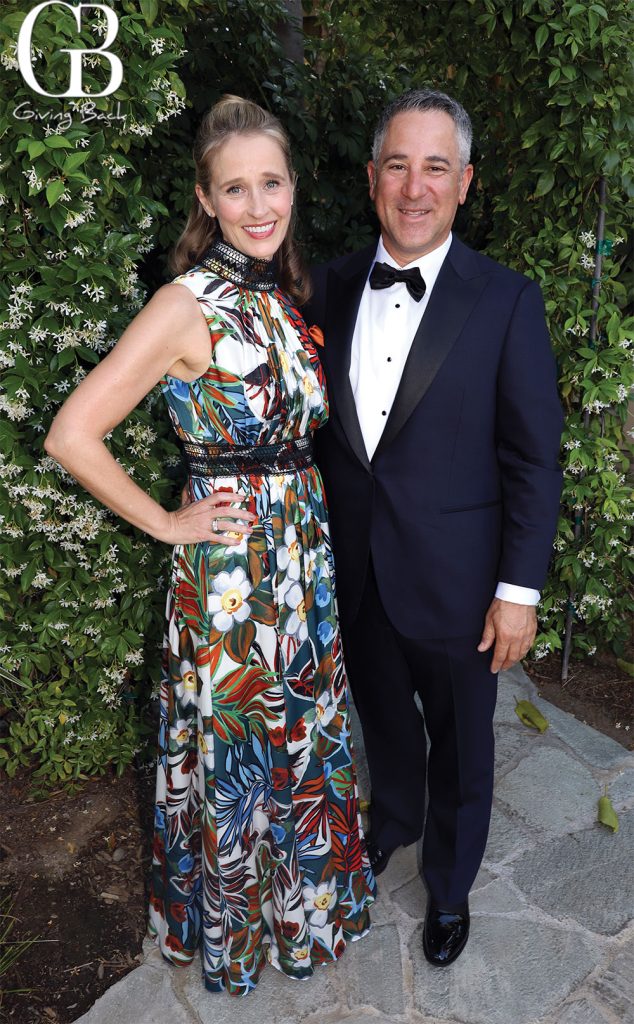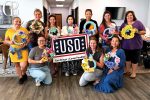WILDCOAST

Stopping A Tsunami Of Trash At The U.S.-Mexico Border
By Serge Dedina, Ph.D., co-founder and Executive Director of WILDCOAST
The 2,293-acre Tijuana River Estuary in Imperial Beach is a Ramsar Wetland of International Importance and a NOAA National Estuarine Research Reserve. It adjoins the 1,862-acre Tijuana River Mouth State Marine Conservation Area.
Combined, these coastal and marine protected areas provide habitat for more than 300 species of birds, leopard sharks, bottlenose dolphins, gray whales and California spiny lobster. Both areas provide important recreational, coastal and economic resources for communities on both sides of the border, especially the commercial and sport fishing industries.
Unfortunately, the health of border communities and these fragile nature reserves are under threat from sewage, plastic debris and waste tires that flow from Tijuana into the U.S. during sewage spills and rain events.
Tijuana’s unregulated urban sprawl and limited trash collection, especially in the city’s steep canyons, produces a tsunami of trash and sediment that drains into the Tijuana River basin, impacts San Diego, and eventually makes its way to the Pacific Ocean. Waste tires and plastic blanket coastal ecosystems, clog sewage collection systems, exacerbate flooding, and are vectors for mosquito-borne diseases, including yellow fever and dengue.
In order to stop the plastics and tires from spilling into the ocean, in January 2021, WILDCOAST, an international conservation team based in San Diego, installed the first ever solid waste retention system (trash boom) in Mexico in Los Laureles Canyon, a tributary stream of the Tijuana River in Tijuana.
The trash boom has already prevented 72,753 pounds of solid waste from entering the Tijuana River and the ocean. Approximately 93% of the waste captured is plastic and tires. WILDCOAST has employed local residents to sort the waste, so it can be reused and recycled.
“We never asked WILDCOAST for anything and they have given us so much,’ said Señora Rosario, a community leader, who was visibly emotional during the park’s inauguration. WILDCOAST has also organized community networks to help collect plastic and compensate people for each kilogram they bring to recycle, creating needed income for the Los Laureles community.
On February 14, 2022, Ken Salazar, the U.S. Ambassador to Mexico, toured the WILDCOAST trash boom project in Los Laureles. “One Ecosystem, Two Countries” became the theme of this important visit by the highest-ranking U.S. official in Mexico that turned out to be a unique show of political will and unity between the two countries to address the Tijuana River transboundary water and plastic pollution crisis.
WILDCOAST plans to install two new trash booms in two other communities in Tijuana whose tributaries also lead to the sea. These booms will help to prevent thousands of pounds of plastic debris from reaching the Pacific Ocean.
The innovative efforts of WILDCOAST to halt the tsunami of trash along the U.S.-Mexico border illustrates how small actions can have a big impact on protecting our coast and ocean and endangered ocean wildlife.







